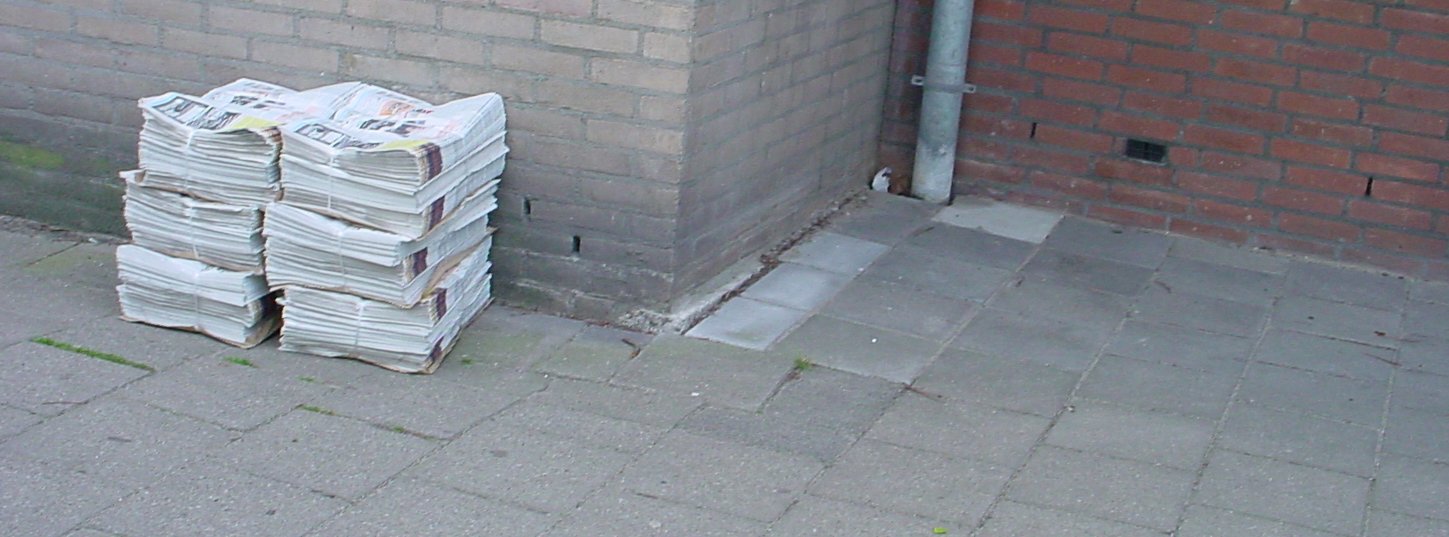

'Traditional' (physical) newspapers have many associated downsides that are substantial. Among them: cost of printing, cost of distribution and profound effect on the environment. Then there's of course the cost of staff, including reporters' salaries. It's all tilted in favour of the rich -- those able to afford not only to read but also to produce (or run/subsidise printing houses).
"It's all tilted in favour of the rich -- those able to afford not only to read but also to produce (or run/subsidise printing houses)."There are no easy solutions to all this other than teaching people critical skills and making them sceptical of sources and people, based on pertinent interests and funding sources, amongst other factors.
It's no secret that we oppose so-called 'social' (control) media and we deliberately lack presence in it. Last year there was this good talk on this subject.
"Society and culture are harmed by what people nowadays call "media"."If an alternative emerges, like a successor to the Internet or just the World Wide Web, we intend to embrace it early if not prematurely. A lot of the political climate worsened not owing to economic woes alone but a divisive, confrontational, partisan set of echo chambers online. Society and culture are harmed by what people nowadays call "media".
I quite enjoyed Bryan Lunduke's video entitled "Twitter is a vile hate machine."
Three weeks ago he quit Twitter altogether and did some videos on the subject. The summary months ago was:
Twitter is a vile hate machine that provides no positive value (real or perceived) and I am stupid for using it.